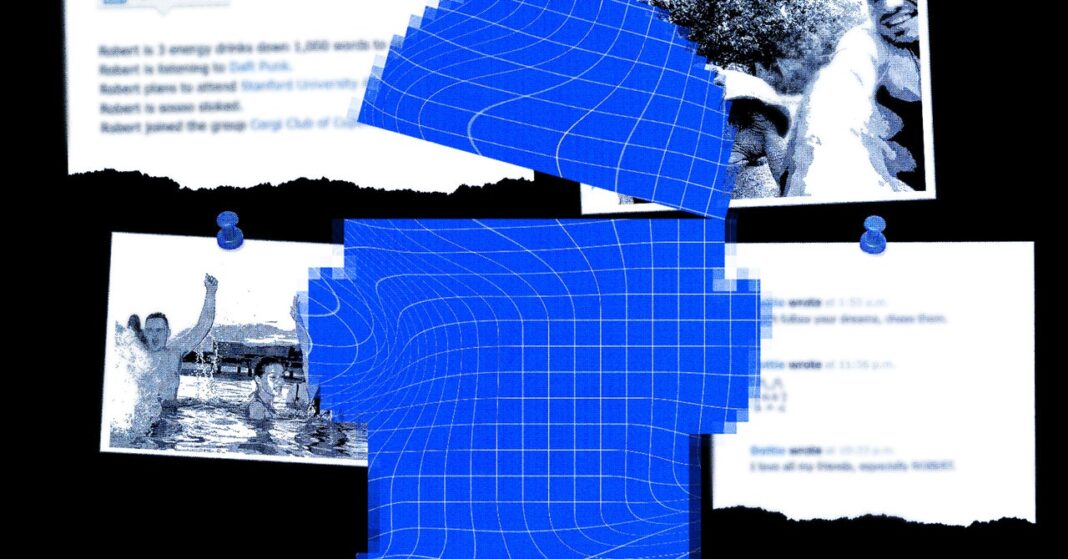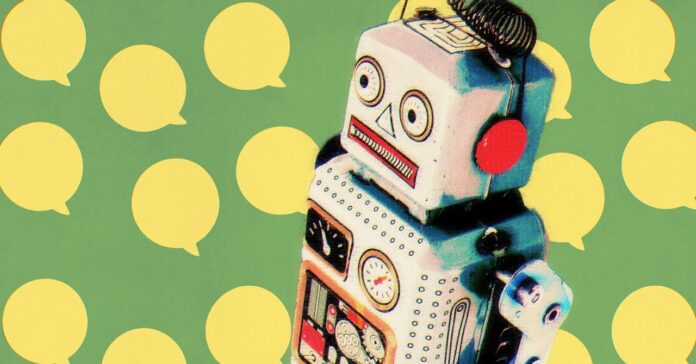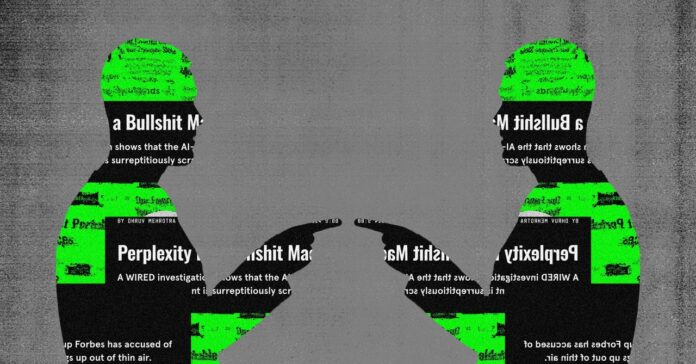In Short:
In R.C. Sherriff’s novel, The Hopkins Manuscript, set in a post-apocalyptic world, scientists discover diary entries in a swampy wasteland that reveal details about 20th-century Britain. Meanwhile, Meta has announced plans to turn old public posts and photos on Facebook and Instagram into a time capsule for AI training data. Other tech companies like Google, Tumblr, YahooMail, LinkedIn are also using personal online history for AI training.
R. C. Sherriff’s Novel and Meta’s Time Capsule
In R. C. Sherriff’s novel The Hopkins Manuscript, readers explore a post-apocalyptic world 800 years after a cataclysmic event wiped out Western civilization. Scientists from a new world order unearth diary entries in a swamp-infested wasteland, once known as England, to fill a gap in their planet’s history. These entries reveal the mundane life of retired school teacher Edgar Hopkins, shedding light on 20th-century Britain for the inhabitants of this new empire.
Meta’s Announcement on Historic Content
Meta recently announced its plans to utilize old public posts, holiday photos, and user names from Facebook and Instagram as training data for future generations of artificial intelligence. This move raises concerns about the privacy and preservation of personal memories that have been dormant on the internet for years.
Although Meta assures that only public content will be utilized and private messages will remain confidential, the notion of AI mining personal artifacts is unsettling. While the deadline for Europeans has passed, American users have been unwittingly contributing to Meta’s AI models since 2023.
Other Companies Utilizing Online History
Meta is not the only company repurposing online histories for AI training. Google’s AI search feature has been found to copy journalism, while platforms like Tumblr, YahooMail, and LinkedIn are also utilizing public posts and emails for AI models.
This trend highlights the transformation of personal online content into a resource for artificial intelligence, blurring the lines between public data and personal memories in the digital age.





